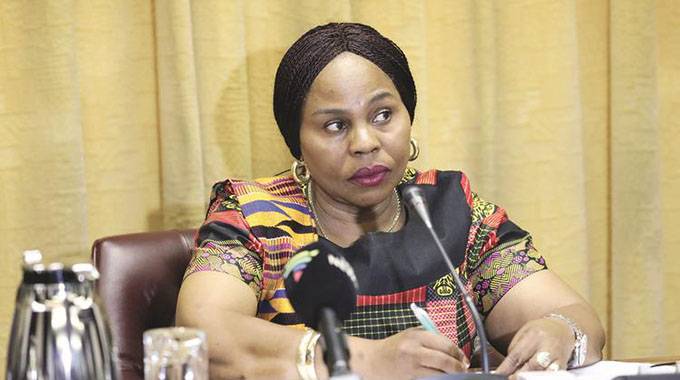ZSE: Waiting for Godot
“Nothing happens, nobody comes, nobody goes, it’s awful!”
This is one of the most quotable quotes in French novelist Samuel Beckett’s book, “Waiting for Godot”.
The book is a tragicomedy, at the centre of which lies the ever-plaguing question of the purpose of living, one that gives meaning to existence.
The book is about the monotonous and impassive life of two vagabonds, Vladimir and Estragon, who do nothing and go nowhere. They grope blindly for meaning in existence, yearning for a sign, some sign, any sign.
The current trajectory of the Zimbabwe Stock Exchange (ZSE) has exactly that meaning. There is no meaning, there is no direction, everything is just flat.
Between September and October 2022, the ZSE’s market cap hardly moved, closing the former at $1,819 trillion and the latter at $1,826 trillion. That’s a 0,38 percent movement. It’s hardly a movement.
Turnover for October 2022 was $8,6 billion, in line with the monthly average year-to-date. The value, in US dollar terms of US$10,8 million (using a rate of 800) is, however, way below what was being invested early in the year.
For instance, in January 2022 a total of $4,0 billion was invested. This is equivalent to US$18,2 million using the then parallel market rate of $220 per US dollar.
There is lesser money coming to the market now than then. Liquidity in the market has fallen. Drastically! It’s awful. Market players are struggling to meet costs. Some brokers have had to let go some of their employees.
In addition to subdued trading on the ZSE, the bourse has experienced an exodus of companies planning to migrate to the Victoria Falls Stock Exchange (VFEX). Simbisa Brands, National Foods, and Getbucks have since announced plans to migrate.
The rationale for migration is that the VFEX is more lucrative and gives the companies their true value as opposed to the current market capitalisation which is seen by the companies’ management and analysts as a huge discount. The VFEX will also allow the firms to raise hard currency if they so wish.
Currently, ZSE-listed firms would struggle to raise capital for expansion or acquisition. The bourse has been largely a victim of the liquid crunch being experienced across the economy.
The description of the situation in Beckett’s book is, however, rather ambiguous. While one may think no action whatsoever takes place throughout the play, another might suppose otherwise.
It’s the same with the ZSE.
While activity on the ZSE may make us think the market is dead, probably half buried, a different look at things might tell us that this has been one of the best years for the country’s stock markets. Markets have been broadened and deepened.
This year saw the listing of four Exchange Traded Funds namely the Cass Saddle Agric ETF, Datvest MCS ETF, Morgan&Co Made in Zim, and Morgan & Co Multi-Sector ETF.
Three of these ETFs have gained by
more than 70 percent since the beginning of the year.
ETFs are baskets of different types of investments such as stocks, commodities and bonds that are pooled into a single entity, which then offers shares to investors that are subsequently traded on major stock exchanges. The ZSE-listed ones are made up of stocks only.
Further to the ETFs, the ZSE will this year see another listing in the form of a Real Estate Investment Trust (REIT). A REIT is a company that owns, operates, or finances income-producing real estate. REITs allow anyone to invest in portfolios of real estate assets the same way they invest in other industries.
Holders of a REIT earn a share of the income produced — without actually having to go out and buy, manage or finance property. The Tigere REIT’s prospectus has since been published and the IPO process is already underway.-ebusiness









